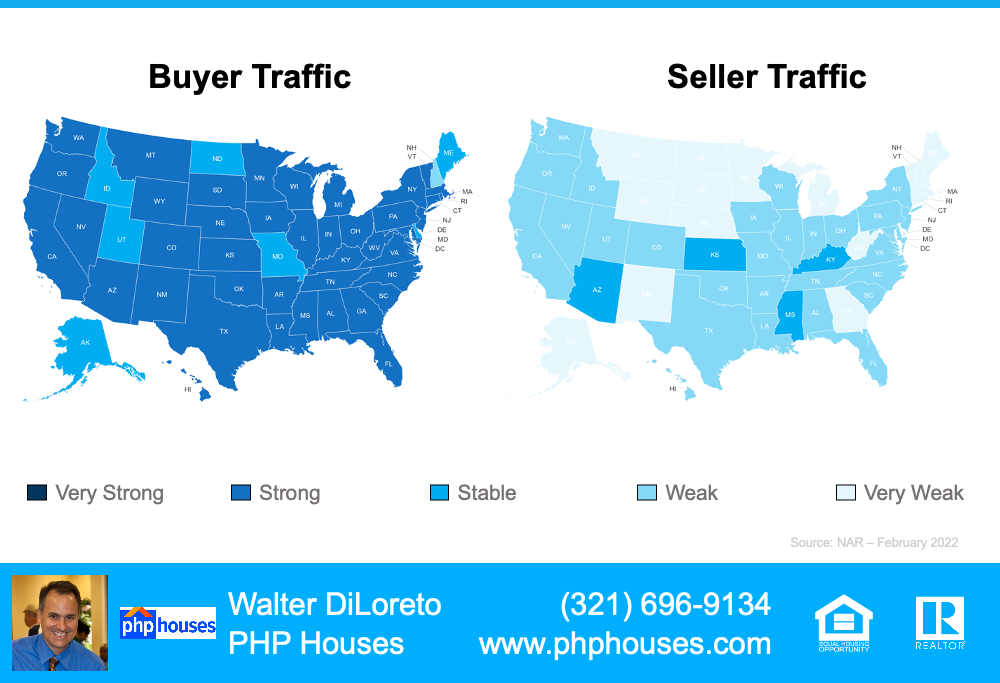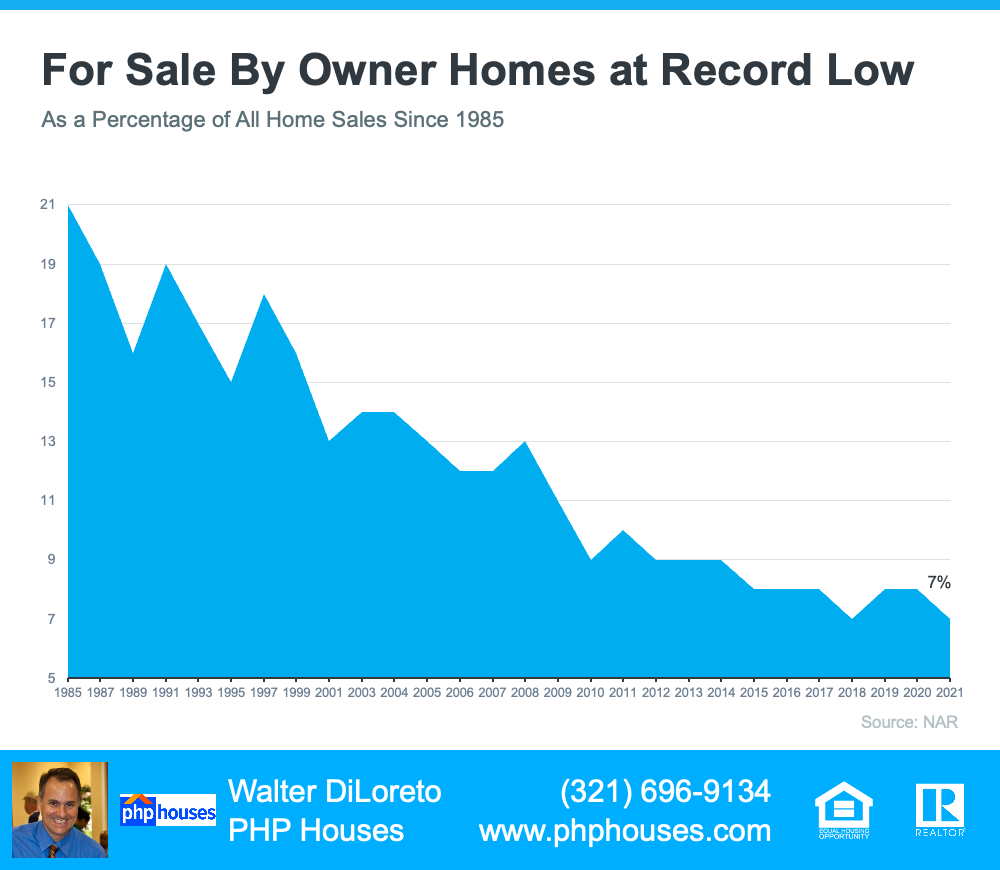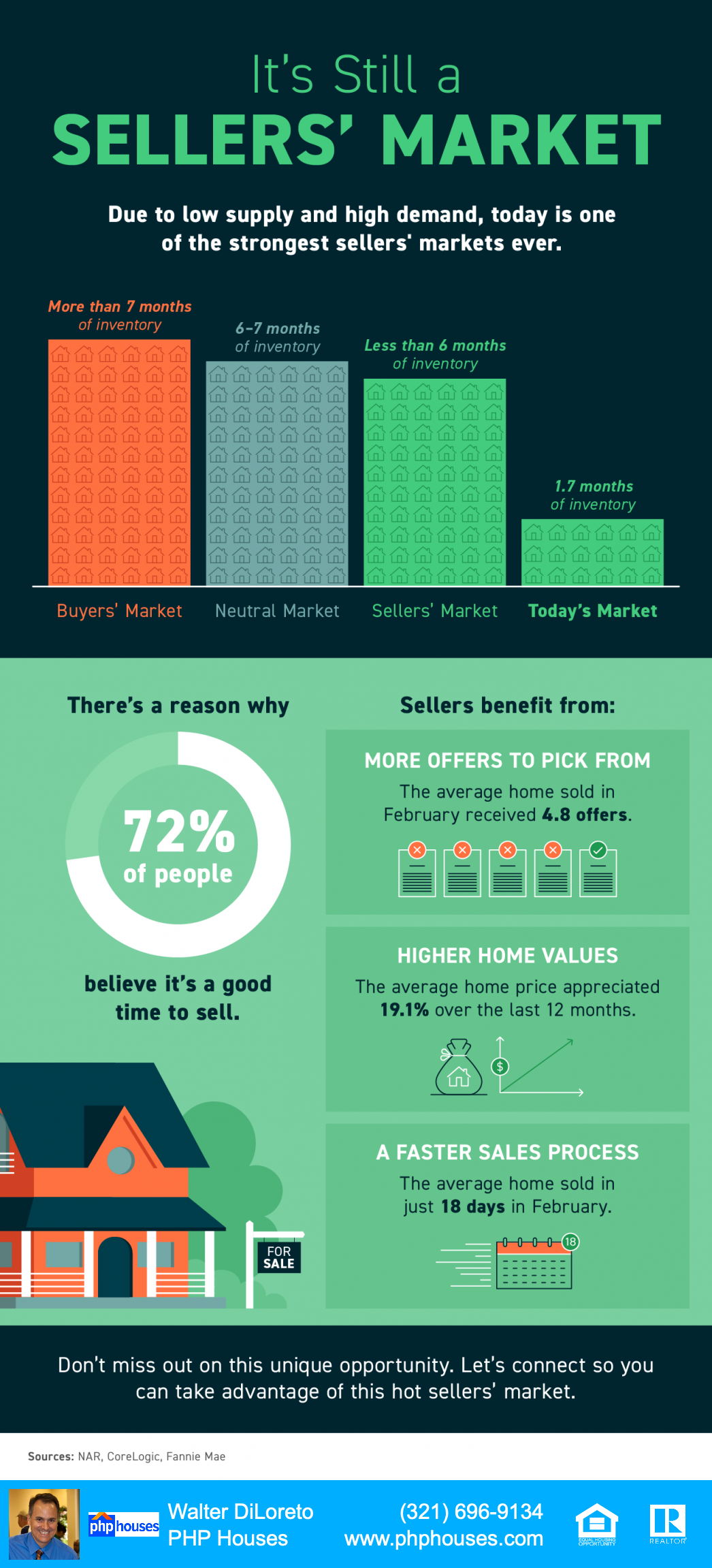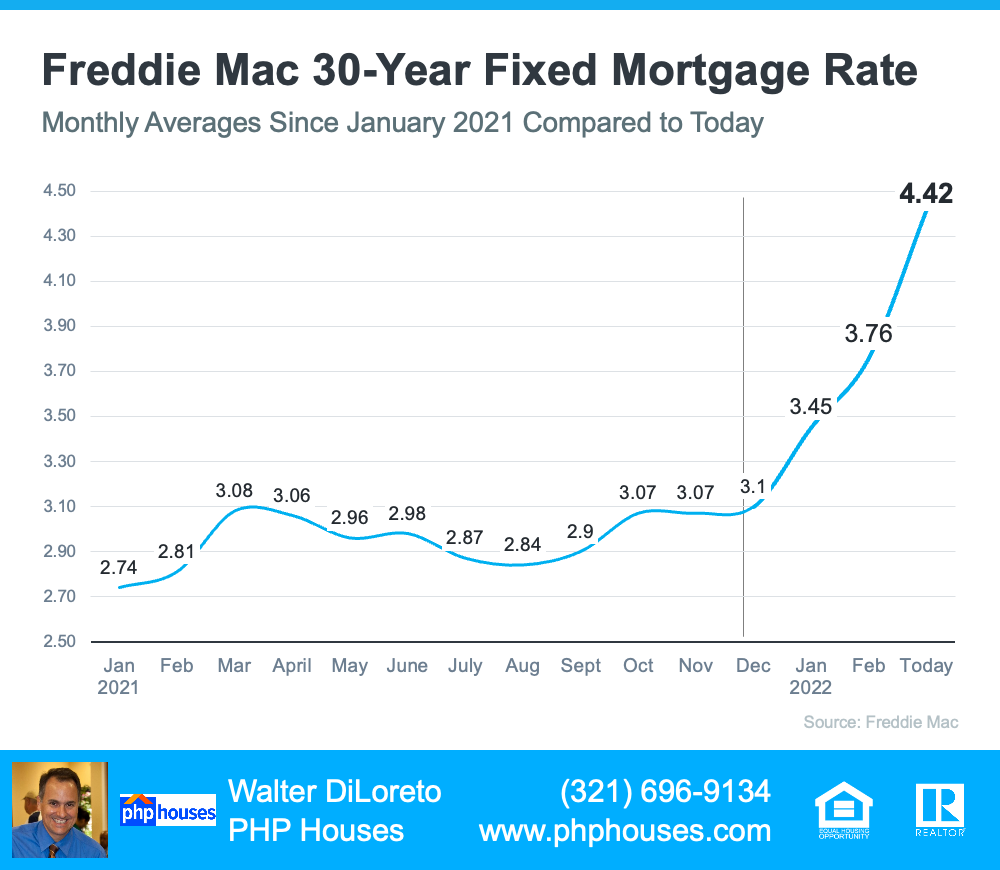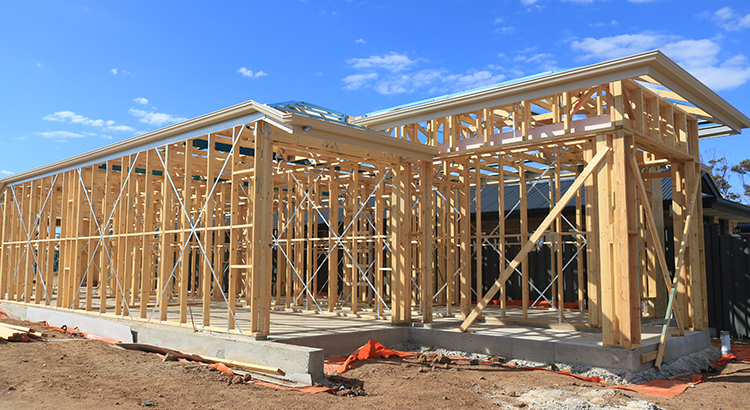
Life events can have a major impact on what you need from your home, and retirement is one of the biggest changes many of us face. This period of your life can mean doing more of the things you enjoy, like traveling, visiting with loved ones, or taking on new hobbies. But what does that mean for your home?
If you’re looking for ways to focus more on the important things in your life, the answer could be downsizing. A recent article from The Balance talks about why it could be a great option, saying:
“There are many reasons to buy a smaller home—or to downsize from your present home—but sometimes, the idea that “less is more” is what propels homeowners to buy a smaller home.”
You Can Find the Right Home for Your Needs
The 2022 Home Buyers and Sellers Generational Trends from the National Association of Realtors (NAR) provides more information on why people of retirement age choose to move. It shows the need for a smaller home, the desire to be closer to loved ones, and retirement itself as three of the top reasons homebuyers over the age of 55 make a move.
If you’re in this group, changing priorities may be top of mind for you today, and that could be driving your decision to downsize. After all, as your lifestyle changes, what you need in your home likely changes, too.
Plus, as The Balance notes, moving into a smaller home can open your schedule up even more. When you downsize, you can spend less time maintaining your home and more time with the people you love or exploring newfound hobbies. That’s a recipe that can lead to less stress and increased happiness.
Your Equity Can Make a Big Impact When You Downsize
Home equity plays a big role when you sell your existing house and move. It could be a great tool to use to help you downsize. According to the latest Homeowner Equity Insights report from CoreLogic, the average homeowner gained about $55,300 in equity over the past 12 months. Dr. Frank Nothaft, Chief Economist at CoreLogic, explains how important price appreciation and equity gains are for existing homeowners:
“Home prices rose 18% during 2021 in the CoreLogic Home Price Index, the largest annual gain recorded in its 45-year history, generating a big increase in home equity wealth, . . . For low- and moderate-income homeowners, home equity has historically been a major source of wealth.”
As home prices rise, your equity does, too. So, you may have more equity than you realize because of the record levels of home price appreciation over the past year. Those equity gains could allow you to make a larger down payment on your next home. And putting more money down can lead to a smaller monthly mortgage payment, which can give you greater financial freedom. It can also be a significant help in navigating today’s competitive housing market, since offering more money up front could help your offer stand out.
Whatever your homeownership goals are, a trusted real estate advisor can help you to find the best option for your situation. They’ll help you sell your current home and guide you as you buy your next one and enter this new phase of life.
Bottom Line
If you’ve recently retired or plan to soon, your needs are likely changing. That means now may be the perfect time to downsize. Let’s connect so we can work together to find a home that matches your situation.
Contact us:
PHP Houses
142 W Lakeview Ave
Unit 1030
Lake Mary, FL 32746
Ph: (407) 519-0719
Fax: (407) 205-1951
email: info@phphouses.com
Let’s Connect:
Facebook
Linkedin
Twitter
Instagram
The information contained, and the opinions expressed, in this article are not intended to be construed as investment advice. The author does not guarantee or warrant the accuracy or completeness of the information or opinions contained herein. Nothing herein should be construed as investment advice. You should always conduct your own research and due diligence and obtain professional advice before making any investment decision. The author will not be liable for any loss or damage caused by your reliance on the information or opinions contained herein.

